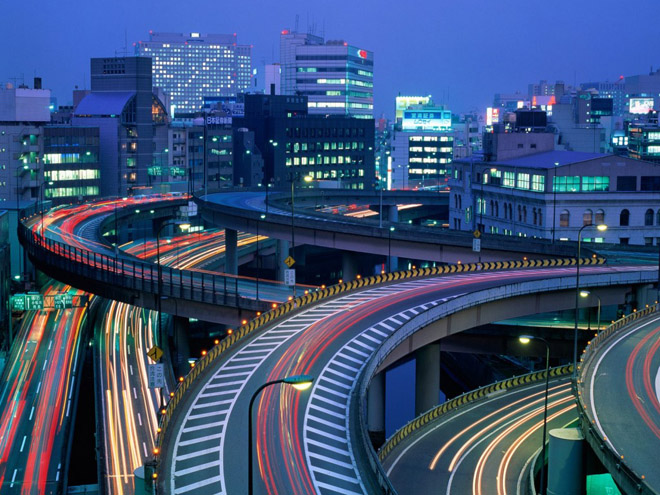As looming nuclear crisis threatens Japan, the government says small amounts of radioactive iodine have been detected in tap water in Tokyo and five other areas, Press TV reported.
On Saturday, the Japanese government said a sample of tap water from the Japanese capital contained 1.5 becquerals per kg of iodine 131, well below the tolerable limit for food and drink of 300 becquerals per kg.
Japanese authorities have also halted the sale of food produced in areas close to the quake-hit Fukushima Prefecture because radiation above the national safety level has been found in spinach and milk produced in the area, a Press TV correspondent reported.
"This is not at the level that would have any direct effect on your health," Chief Cabinet Secretary Yukio Edano said earlier on Saturday.
Last week's quake and tsunami in Japan set off the nuclear problems by knocking out power to cooling systems at the Fukushima Daiichi plant on the northeast coast.
Since then four of the plant's six reactor units have witnessed fires, explosions or partial meltdowns.
According to the International Atomic Energy Agency (IAEA), on Friday Japan raised the incident level at Fukushima plant from four to five on a 1-7 scale.
Japanese engineers, who are struggling to cool down overheating reactors at the power plant, have managed to connect an electricity line to one of the reactors and are working to restore power to its cooling system.
The Japanese government has ordered the evacuation of about 200,000 people living in a 20-kilometer (12.4-mile) area around the plant, and told people living between 20 kilometers and 30 kilometers (18.6 miles) from the plant to remain indoors.
On March 11, an 8.9-magnitude earthquake, off the northeast coast of Japan's main island, unleashed a 23-foot (7-meter) tsunami and was followed by more than 50 aftershocks for hours.
Japan's National Police Agency announced on Saturday that 7,320 people have been confirmed dead but with many swept away or trapped under the rubble it is believed that at least 18,690 people have been killed.
The number is expected to rise as a cold snap has hit the country's northeastern parts and 452,000 people have also been left homeless.
The March 11 quake is now considered Japan's deadliest natural disaster since the 1923 Great Kanto Earthquake, which killed more than 142,000 people.
Radioactive iodine found in Tokyo water
As looming nuclear crisis threatens Japan, the government says small amounts of radioactive iodine have been detected in tap water in Tokyo and five other areas, Press TV reported.






